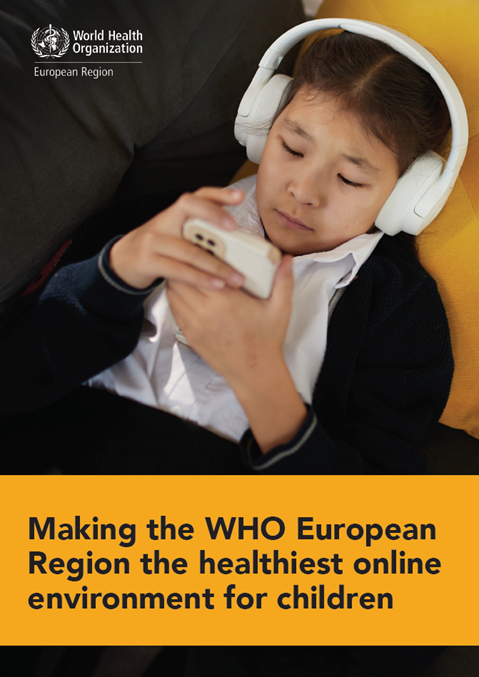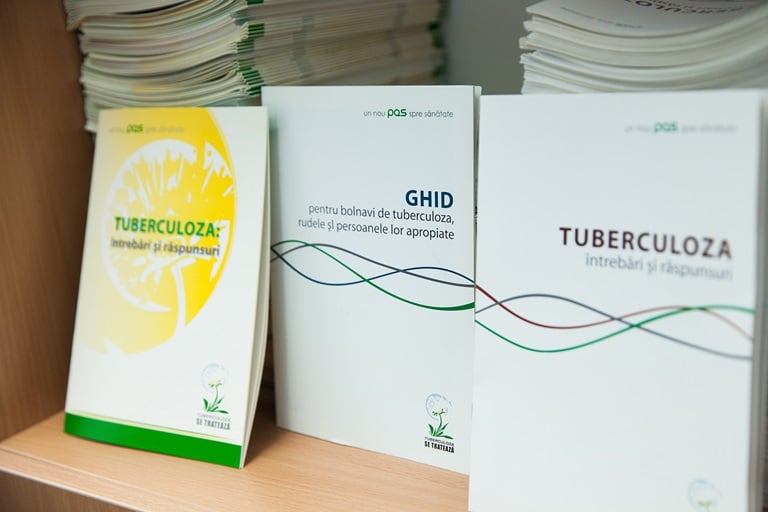Making the WHO European Region the healthiest online environment for children: position statement

Overview
Children's lives are increasingly blended between the digital and physical worlds, intertwining virtual and real experiences in their daily routines. Ensuring online safety for children is becoming a growing concern within the WHO European Region.
Most children grow up with digital devices that give them constant access to the Internet. While this may bring benefits and open up possibilities, it can also allow significant harms for children’s development and physical and mental health.
This conference edition of the WHO Regional Office for Europe’s Position Statement on Making the WHO European Region the Healthiest Online Environment for Children aims to support governments in formulating consistent requests to online and technology companies, with the overall goal of securing healthy online environments in which children can thrive. The position paper addresses the need to protect all children up to the age of 18 from violence, exploitation and abuse; highlights the need to include children’s rights in all actions; and addresses privacy and data protection issues.
Consistent and transparent monitoring and evaluation are required to ensure proper implementation of mandatory legislation to protect children in the virtual world, as both mental and physical health can be harmed if appropriate precautions are not taken. The purpose of this document is to propose requests that should be made by the health sector and included in national discussions and development of online safety initiatives related to children’s well-being.






